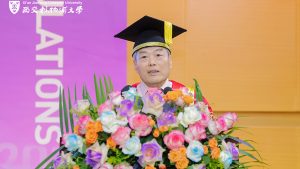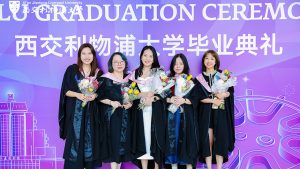22 Apr 2025
Weiquan Chen (陈伟全)’s academic journey at XJTLU began with the Master's program in International Business and Global Affairs (IBGA) at HSS. In January 2025, he was awarded a full scholarship to pursue a PhD in HSS, focusing on “policy transfer.” His experience offers valuable guidance for students considering further education and a PhD path.
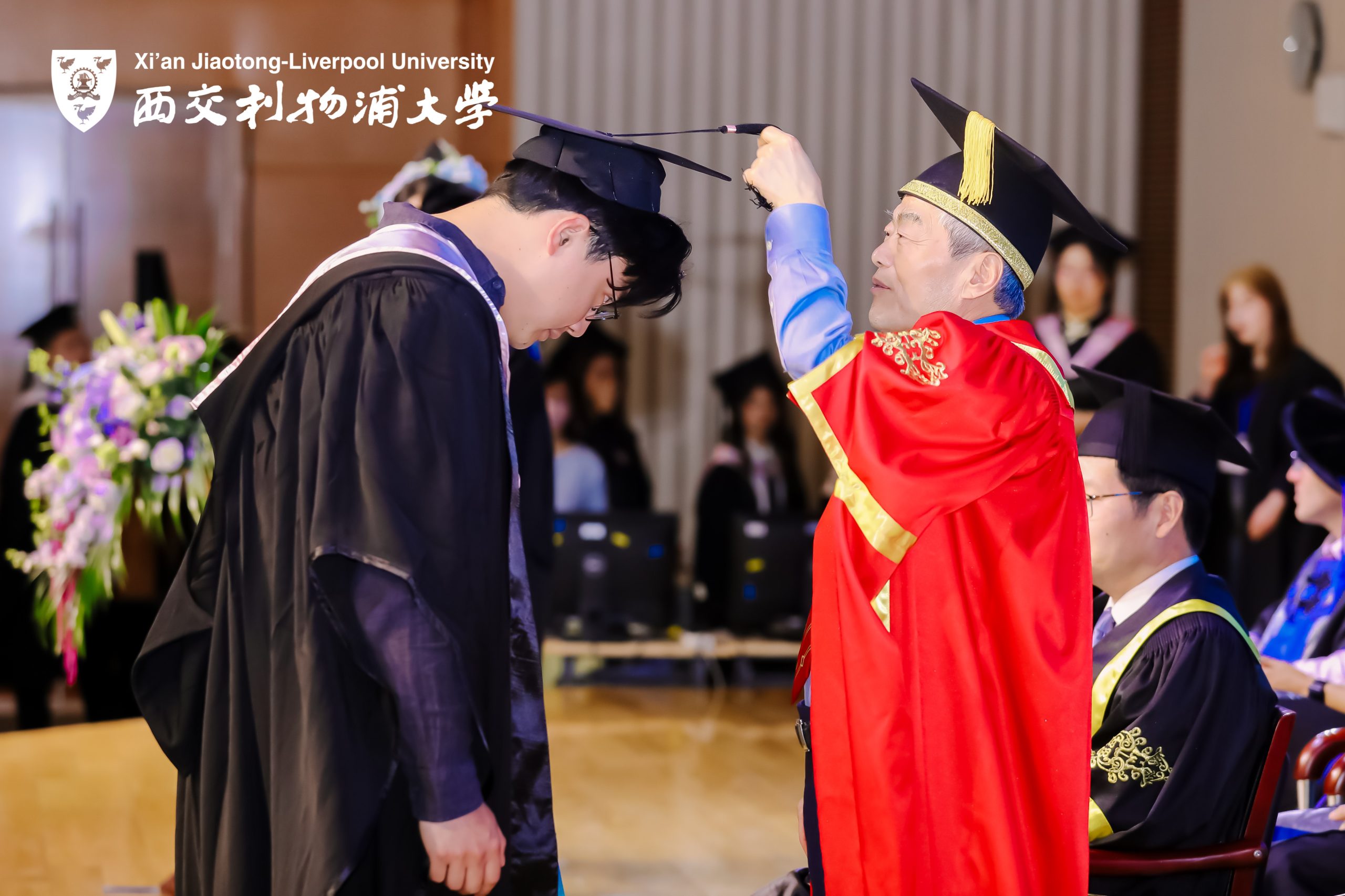
In this conversation, Weiquan Chen brings practical sharing from three aspects: Application advice for PhD programs, application process for PhD scholarships, experience of publishing academic papers at master's level.
Below was our conversation——
Q: Having completed both the MA and PhD programs at HSS, how did your experience in the MA program help prepare you for your PhD research?
A: Completing my MA at XJTLU was a life-changing experience, as I initially had no plans to pursue a PhD. Unlike my undergraduate studies in marketing science, which were primarily course-based with a focus on attending lectures and passing exams, my time at the International Business and Global Affairs (IBGA) programme introduced me to a research-driven environment. Here, I was exposed to numerous academic workshops and seminars featuring scholars from diverse backgrounds and institutions. These experiences broadened my understanding of research and provided valuable opportunities to engage with academics, ultimately shifting my mindset from being a student to becoming an independent researcher.
A key aspect of my transition was the dissertation requirement. Conceptualizing and writing my dissertation not only strengthened my research skills but also allowed me to engage with academia directly, culminating in its publication. This experience gave me a sense of belonging in the academic community and prepared me for the rigors of a PhD.
Beyond research, XJTLU provided an invaluable platform for building connections. Networking with scholars in my field opened doors to potential collaborations and professional growth. Looking back, the two most significant takeaways from my MA journey are networking and research — both of which continue to shape my academic path.
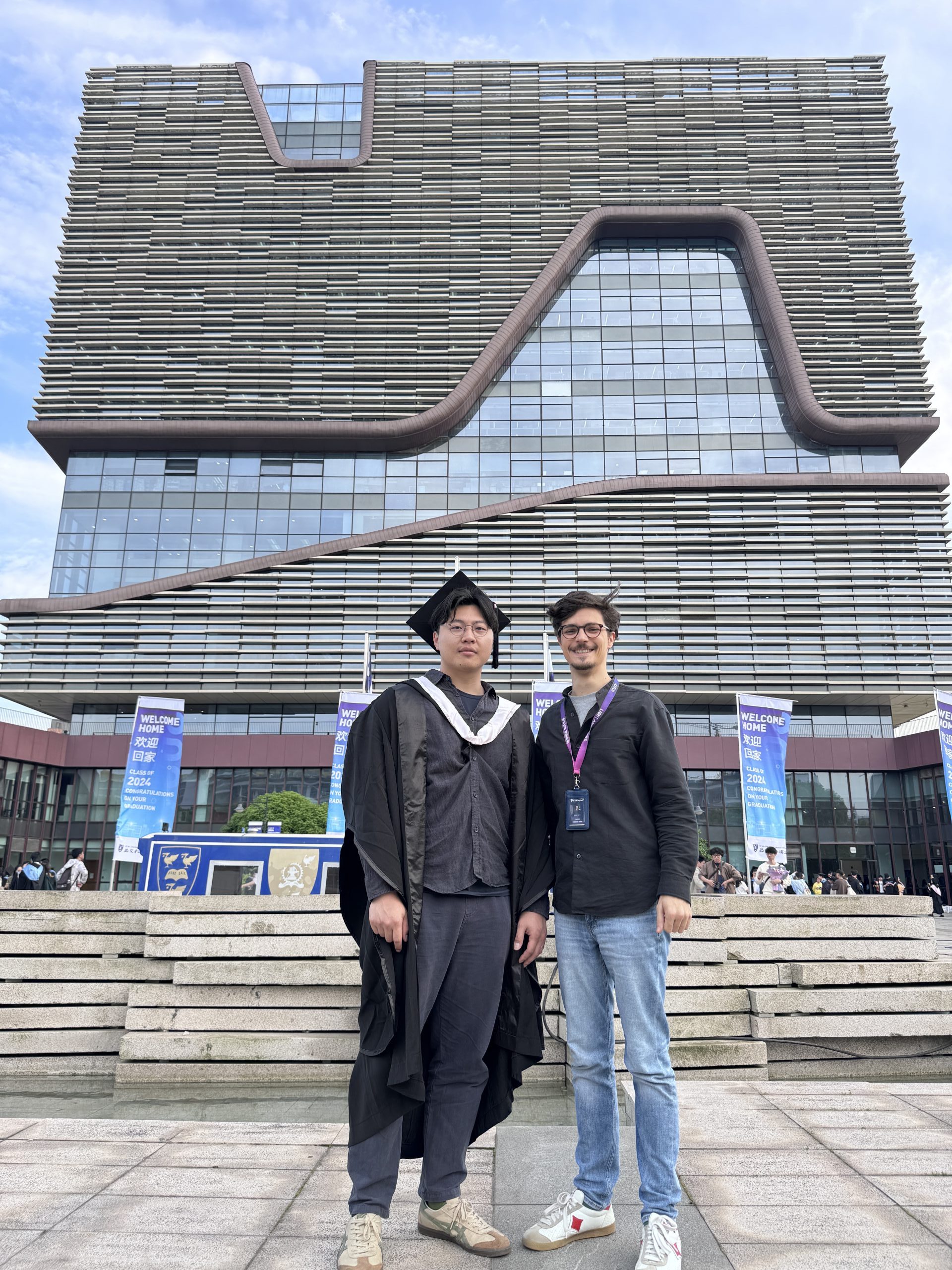
Q: What advice would you give to students applying for the PhD program at HSS, XJTLU, especially those transitioning from the MA program? What qualities do they look for in applicants?
A: For students applying to the PhD program at HSS, XJTLU—especially those transitioning from the MA program—there are a few key things to keep in mind.
First, maintaining a strong academic record is essential. XJTLU has a minimum entry requirement for PhD applicants, so achieving a good GPA (including both module grades and the dissertation) is a top priority. A strong academic performance not only meets the formal requirements but also reflects your research ability and readiness for doctoral studies.
Second, take the time to develop a high-quality research proposal. This is the foundation of your PhD, as it outlines what you’ll be working on for the next four years. Your proposal should explore a niche area, present an original idea, and demonstrate a comprehensive understanding of the field. Since crafting a strong proposal takes time, it’s important to plan ahead and refine your ideas carefully.
Third, building a good relationship with potential supervisors is crucial. Your supervisor plays a key role in your application, as they will assess the quality of your proposal and ultimately decide whether to support your application—whether for a self-funded or funded position. Effective communication and a strong research match are important for gaining their trust and approval.
Finally, having relevant academic experience, such as paper publications or conference presentations, can significantly strengthen your application. These experiences demonstrate your commitment to research and make you a more competitive candidate.
Overall, success in the application process comes down to strong academic performance, a well-prepared research proposal, good communication with potential supervisors, and relevant academic experience.

Q: What strategies helped you secure scholarships or funding for your PhD studies, and are there any opportunities students can apply for?
A: At XJTLU, PhD funding opportunities generally fall into two main categories: existing funded projects and funding opportunities where you apply with your own research project.
Information about available scholarships and funding is regularly updated on XJTLU’s official website, so it’s important for students to stay informed and check for new opportunities. However, competition for these positions is quite intense, making preparation crucial.
To increase your chances of securing funding, the first priority is to maintain a strong academic performance and develop a high-quality research proposal — just as I mentioned earlier. A solid academic background is one of the key factors that supervisors and selection panels consider when awarding scholarships. Your research proposal should be well-structured, innovative, and aligned with the expertise of potential supervisors.
Beyond academic performance, building strong connections with potential supervisors is essential. Since funding is often tied to specific research projects, supervisors play a key role in deciding who receives financial support. I would advise students to approach potential supervisors early, express their research interests sincerely, and demonstrate a strong commitment to their proposed project. Being proactive, humble, and professional in these interactions can leave a positive impression.
Lastly, timely follow-ups are important. Scholarship opportunities can be competitive and sometimes time-sensitive, so staying engaged and responsive throughout the application process can make a difference.
“If you want to do your best, you must first wait for it”, opportunities are often left to those who are prepared, and I hope that every student who pursues his academic dream can get his full award offer as he wishes.
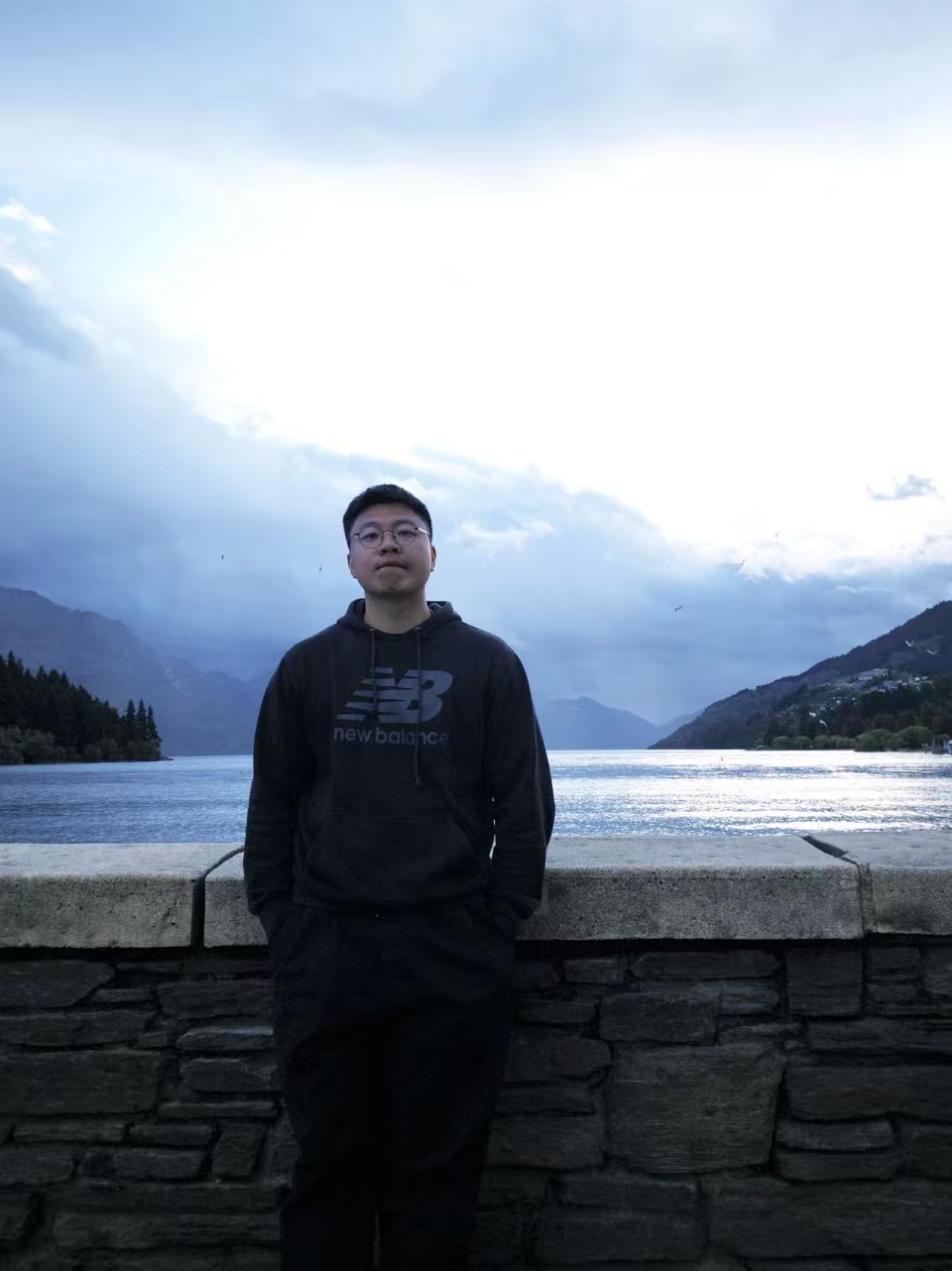
Q: Based on your experience, what advice do you have for successfully publishing research?
A: Publishing a research paper is a long and sometimes challenging journey, often taking six months to a year—or even longer. For master's students, the most suitable work to publish before starting a PhD is usually their dissertation. So, if you plan to pursue a PhD and aim for publication, make sure your dissertation is of high quality, ideally at a level that can be accepted by a peer-reviewed journal with minimal revisions.
Once you submit your paper to a journal, patience and persistence are key. It’s common for papers to be rejected at the desk-review stage, but don’t be discouraged—this is a normal part of the academic publishing process. If you receive feedback, such as major or minor revisions, seek advice from your master’s dissertation supervisor on how to address the comments effectively. Thoroughly revising and improving your paper based on reviewers' suggestions is crucial for eventual acceptance.
XJTLU is very supportive of student research, and there are opportunities to apply for academic funding to cover costs like open-access publication fees. Additionally, if you choose the open-access route, don’t hesitate to communicate with journal editors about potential fee discounts, which can help reduce financial burdens.
Although the academic road is long, every effort will lay a more solid foundation for future research, and I hope that every student who seeks can harvest growth and recognition in the academic world.


MA International Business and Global Affairs
In an April 2025 survey of 287 graduates from XJTLU’s MA in International Business and Global Affairs (IBGA) program, a strong majority (75%) of respondents confirmed that the program had positively prepared them for their current careers. This highlights the program’s foundational success in equipping graduates with interdisciplinary knowledge and analytical frameworks essential for addressing global business and geopolitical challenges.
Additionally, the program’s strong interdisciplinary focus encourages students to pursue academic careers, with the PhD representing a critical pathway for many.
--- Dr Francesco Macheda, programme director, and Head of the Department of International Studies
Repotor:Yiyi Gu
22 Apr 2025



